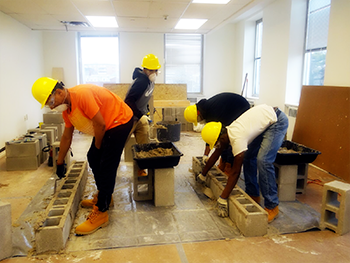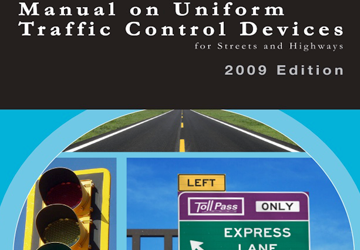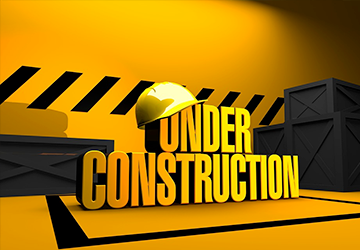Course Overview
We provide certified training in construction crafts, safety, project management and supervision. Our core program incubates development of career pathways that initiates the process of self empowerment and self sufficiency for men and women who are seeking to stabilize their lives.
Instructors
We currently staff approximately 50 Craft Instructors who deliver training in Introductory Craft Skills, Carpentry, Brick & Concrete Masonry, Painting, Electrical, Plumbing, HVAC, and other crafts.
Scheduling
Courses are customized accordingly to meet the needs of the organization. However, since we follow the NCCER curriculum, we are obligated to meet the required hours for each trade set by the The National Center for Construction Education and Research curriculum.

Program Description
We provide training in Carpentry, Masonry, Painting, Electrical, Plumbing, HVAC, Welding, heavy equipment operation, heavy construction laborer, as well as several other industry trades. Our craft training is provided using the U.S. Department of Labor approved Related Instruction processes for Apprenticeship Training Programs as well as other customized programs.
Our Programs are delivered using a nationally recognized curriculum. Each program is designed to train participants in the knowledge and performance of the multiple trades included in building and heavy construction projects. All programs begin with 80 hours of introductory craft skills training that trains participants in the areas of safety, construction math, the proper use of hand and power tools, how to read construction drawings, basic rigging, basic communication and employability skills, and the proper handling of construction materials.
Program Completion
Upon completion, participants receive industry-certified credentials for Introductory Crafts Skills training that qualifies them for entry-level employment in the construction industry. At this point, trainees can then enter trade specific training apprenticeship program tracks for the Department of Labor’s required time period for the specified trade (usually from 3-5 years).
Program Locations
The trainings are delivered in classrooms, controlled laboratories and job worksites. The average size classroom to deliver our training is 40sf per trainee.

OSHA 10 And OSHA 30
Our Occupational Safety and Health Administration (OSHA) training prepares workers on the basics of occupational safety and health required to enter any general industry and construction job site. Covered in this course are fire protection, personal protective equipment (PPE), scaffolding, electrical safety, etc. Upon successful completion of the 10 hour course, participants receive an OSHA 10-Hour Construction Outreach Department of Labor course completion card.
The OSHA 30 Hour Course is offered as an an advanced safety training course that provides workers and employees detailed look into the hazards and injuries and prevention methods The course is offered to safety directors, foremen, and field supervisors and provides full information on OSHA compliance trainings.Upon successful completion of the course, participants will receive the OSHA 30 Hour Construction Outreach Department of Labor course completion card.
4 Hour Flagger Training
Provides training on general work zone safety principles covered in the Manual on Uniform Traffic Control Devices (MUTCD) book focusing on recognition and prevention of hazardous conditions, understanding of the proper signals and safe flagging techniques specific to New York regulations, flagging procedures and proper use of required equipment, and how to coordinate traffic movement through the work zone.
16 Hour Scaffolding Training
16 hour Scaffolding Erector training provides in depth instruction on the New York regulations, flagging procedures and proper use of required equipment and how to coordinate traffic movement through the work zone and flagging skills using hands-on training and classroom activities.

Construction Management
Learn how to properly plan and direct the building and maintenance of everything from bridges to high-rises to wastewater systems as well as how to manage a job from start to finish.
Qualifications include formal education and informal on-the-job training, and their knowledge encompasses construction materials and methods, mathematics, communications, safety, human resources, scheduling, and customer service, among other areas.
Project Management
The curriculum covers topics such as Construction Documents, Resource Control, and Continuous Improvement. This course teaches focuses on preparing future project managers for the responsibilities of managing various aspects of a construction project. Key focus areas are:
- Designing and planning for drawing up estimates
- Responsibilities for onsite evaluation and supervision
- organize and utilize human resources (work force)
- equipment and construction materials.
Project Supervision Training
Project Supervision is a comprehensive, competency-based program that gives both veteran and new field managers a step-by-step approach to honing their natural abilities, developing essential skills, and leadership training.
Project supervisors play a major role in every construction company and every construction project. They are the frontline managers on the job, directly supervising workers and other field supervisors. They are both the engine and the anchor of the construction team, driving it toward effectiveness and efficiency, and stabilizing it with consistency and good judgment.
Key focus areas of the project supervision training are:
- problem-solving, planning, estimating
- safety supervision
- scheduling
- controlling costs and resources
- perhaps most importantly, managing people skills.
Safety Technology Management Training
The Safety Technology Management Training course provides instruction on how to implement and administer a company’s safety program.This course is designed for field managers, safety directors, safety committees, owner safety representatives, and insurance/loss control representatives.
Key Focus Areas are introduction to Safety Technology, hazard recognition, evaluation, and control, risk analysis and assessment, inspections, audits, and observations, employee motivation, site-specific ES&H plans, emergency action plans, etc.
